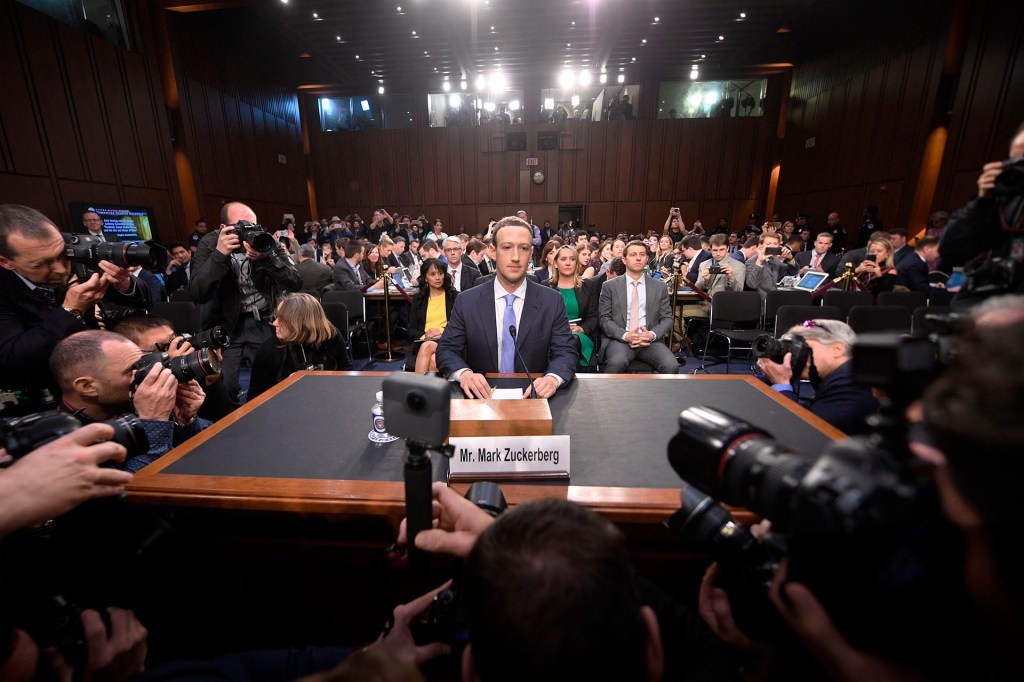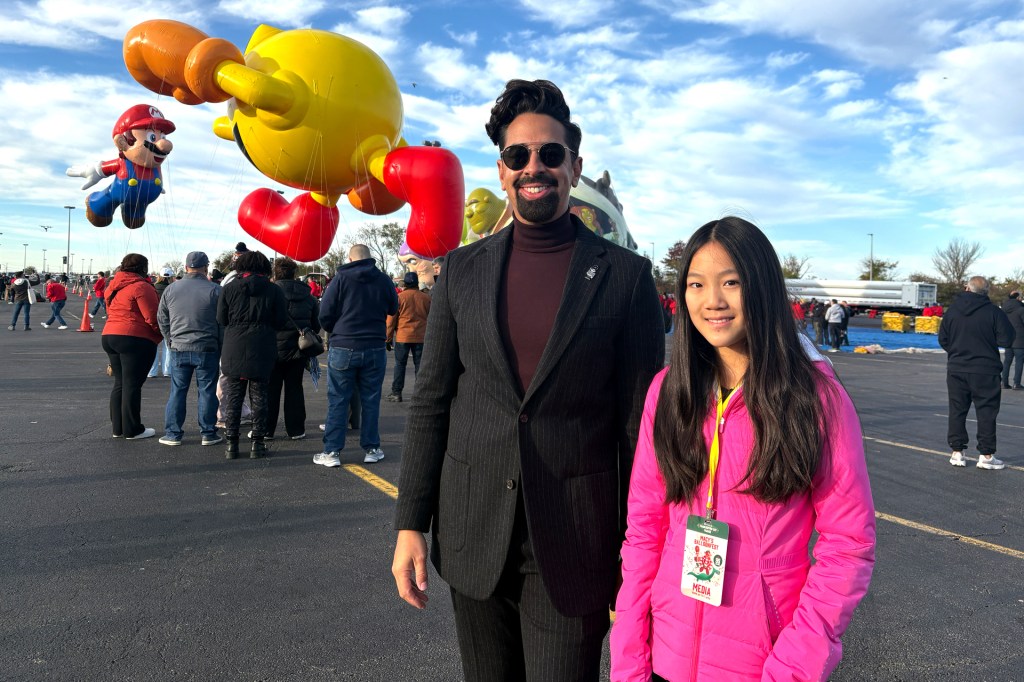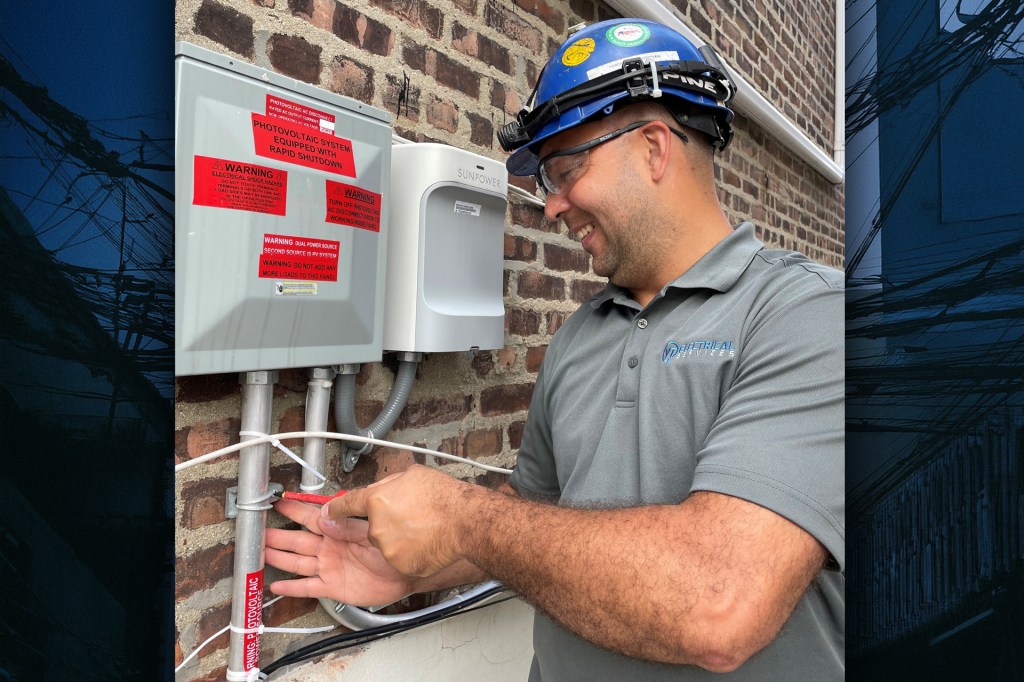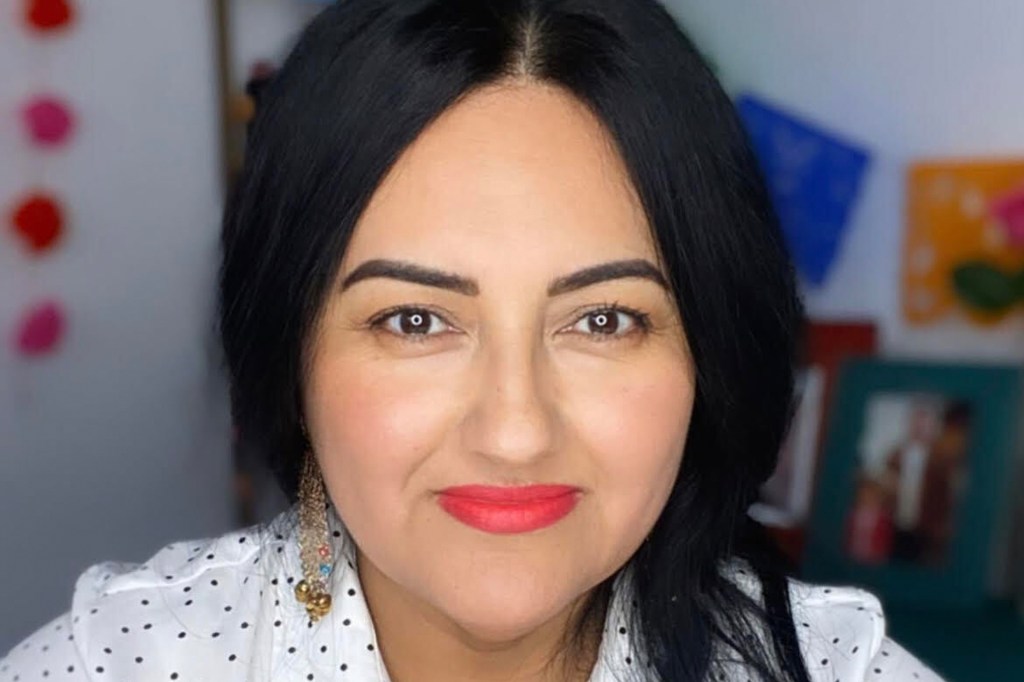TFK Explains: The Facebook Data Breach

What exactly happened?
Cambridge Analytica is a political data company. It is based in the United Kingdom. In 2014, the company collected personal information about Facebook users. It used that information to get to know American voters. Its purpose was to influence the presidential election. President Donald Trump’s 2016 campaign used the information.
How many Facebook users were affected?
Cambridge Analytica mined
mine
 ANTHONY BANNISTER/GETTY
to search for something valuable
(verb)
Prospectors mined the land for diamonds.
the data of 87 million Facebook users. That’s nearly one-quarter of all Facebook users in the United States.
ANTHONY BANNISTER/GETTY
to search for something valuable
(verb)
Prospectors mined the land for diamonds.
the data of 87 million Facebook users. That’s nearly one-quarter of all Facebook users in the United States.
How was the data collected?
Many Facebook users agreed to download an app so they could take an online personality test. The test asked users to choose qualities like “worries about things” and “trusts others” to describe themselves. The app gave Cambridge Analytica access to a user’s location, birth date, and likes on Facebook. It also gave the company access to information in the user’s friends’ accounts. That’s why so many people were affected.
How did Cambridge Analytica use the information?
The company compared the information with voter records. It identified what types of messages a voter would respond to. The company knew what people liked and feared. Then it sent political messages meant to influence voters.
What happens now?
Facebook says it will investigate how apps on its site use and collect data. It will label political ads and verify the identity and location of people who manage pages on the site.
On April 10 and 11, Facebook chief executive Mark Zuckerberg testified before Congress. Lawmakers grilled him about the breach. They also asked about the spread of fake news and Russian meddling on the site during the 2016 presidential election.
“I started Facebook, I run it, and I’m responsible for what happens here,” Zuckerberg said. He apologized for the data breach. Florida senator Bill Nelson warned that if the company didn’t fix things, “none of us are going to have any privacy.”













